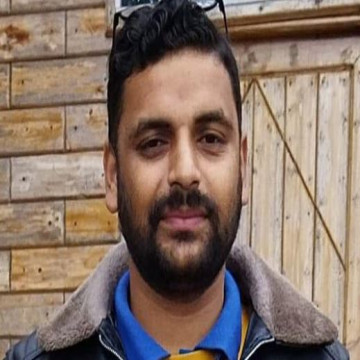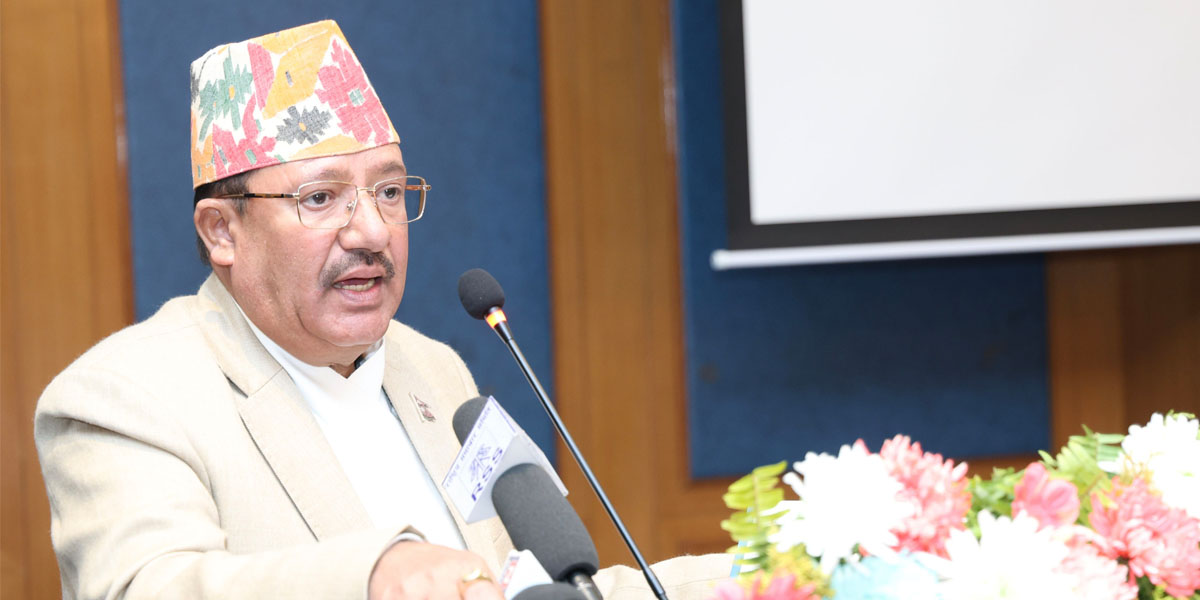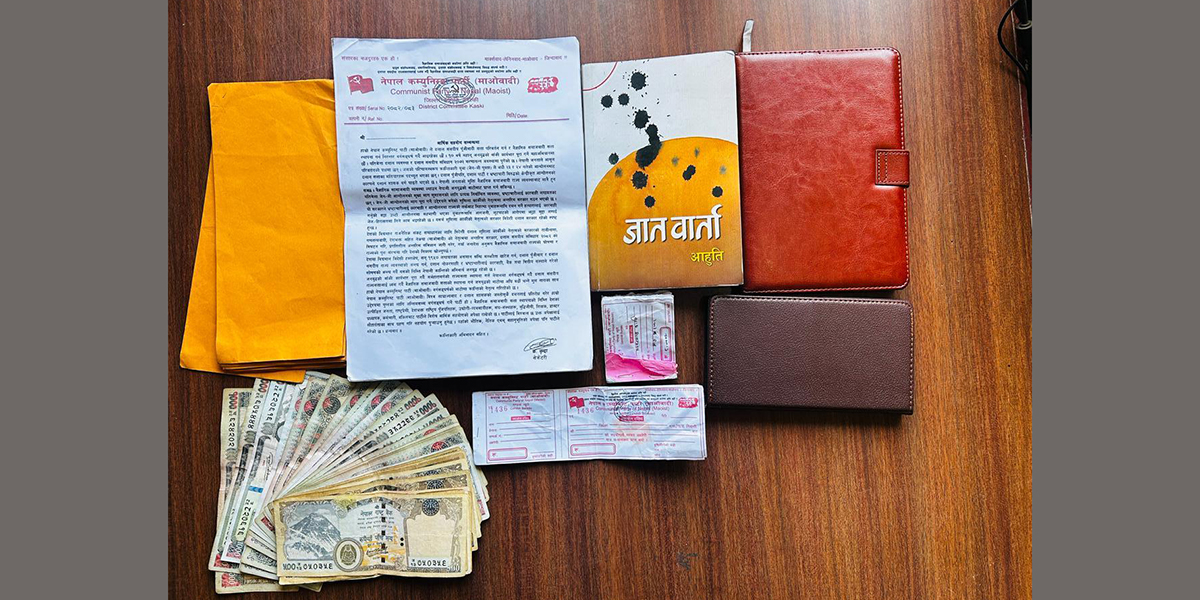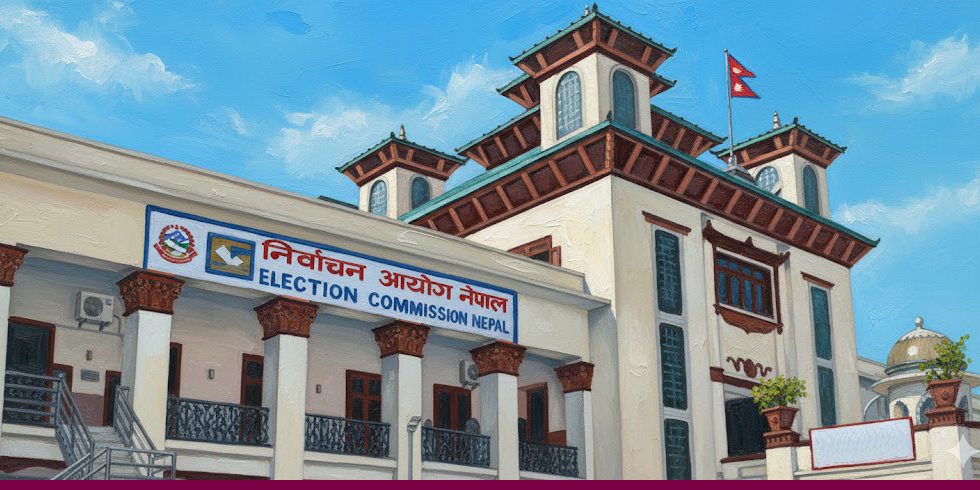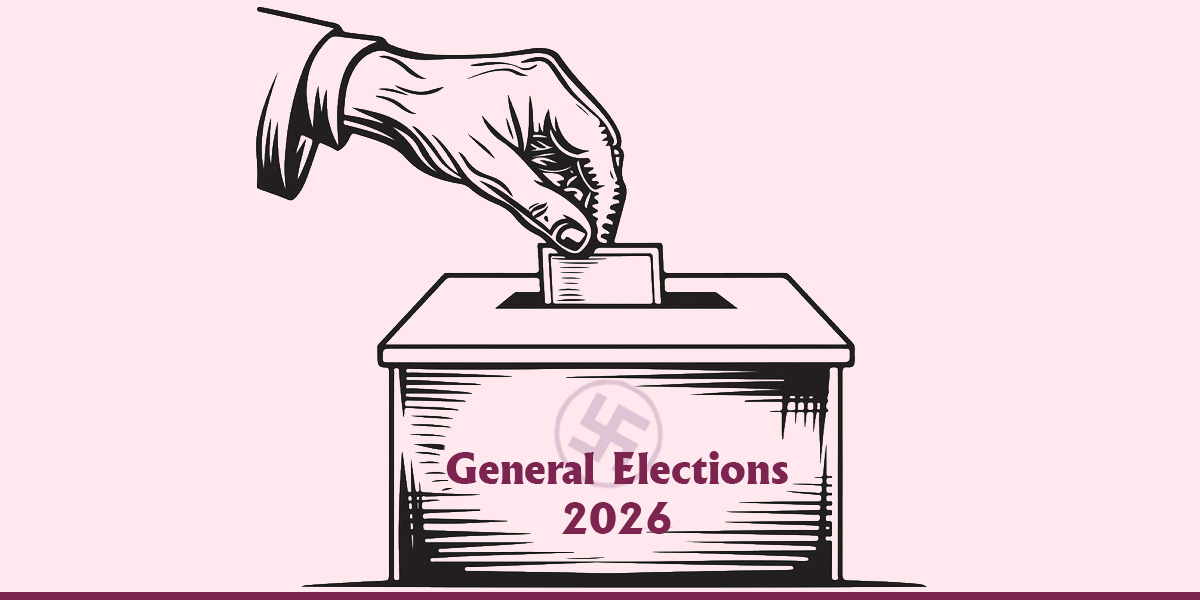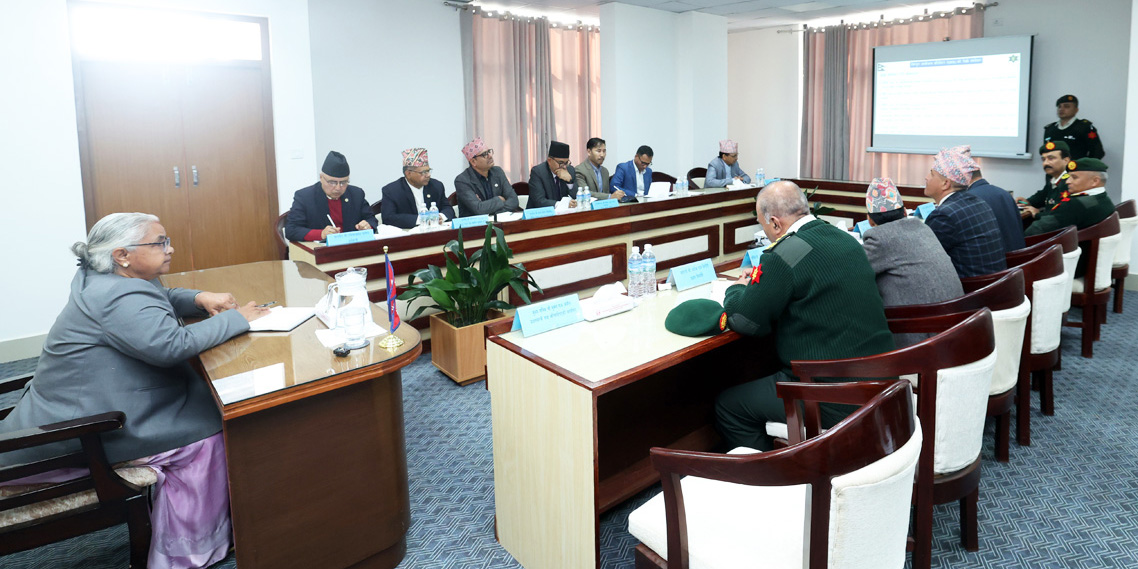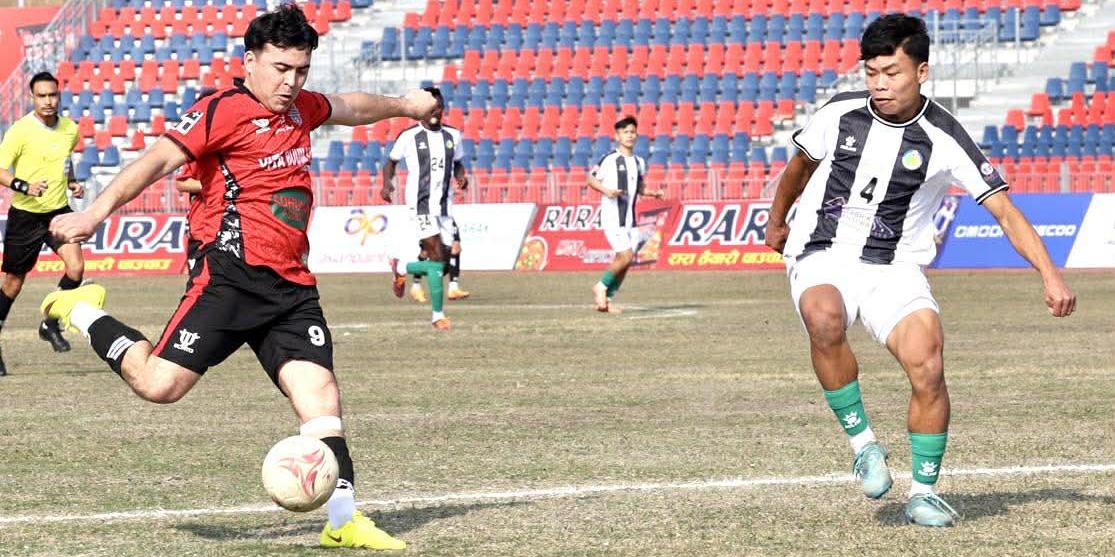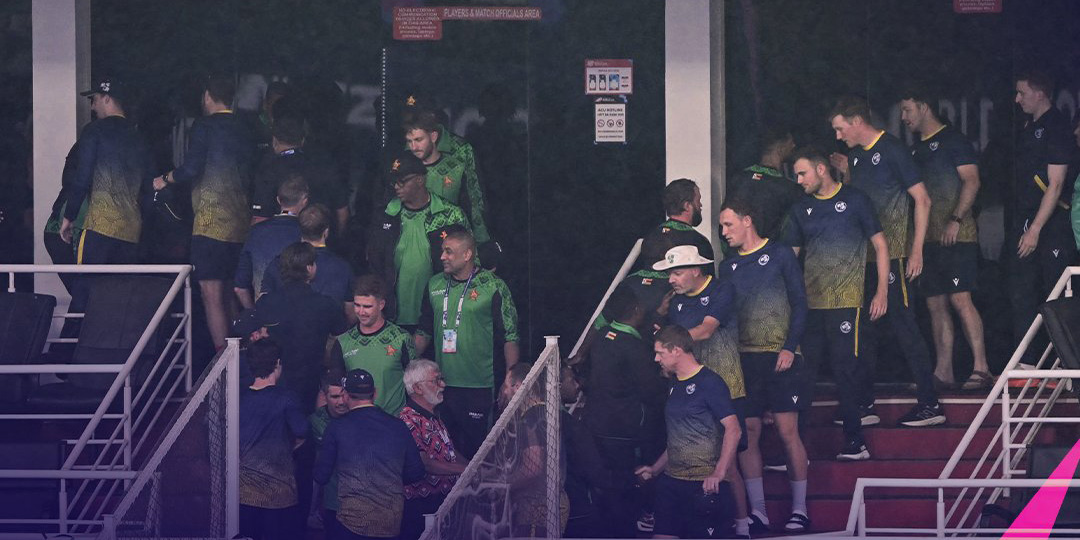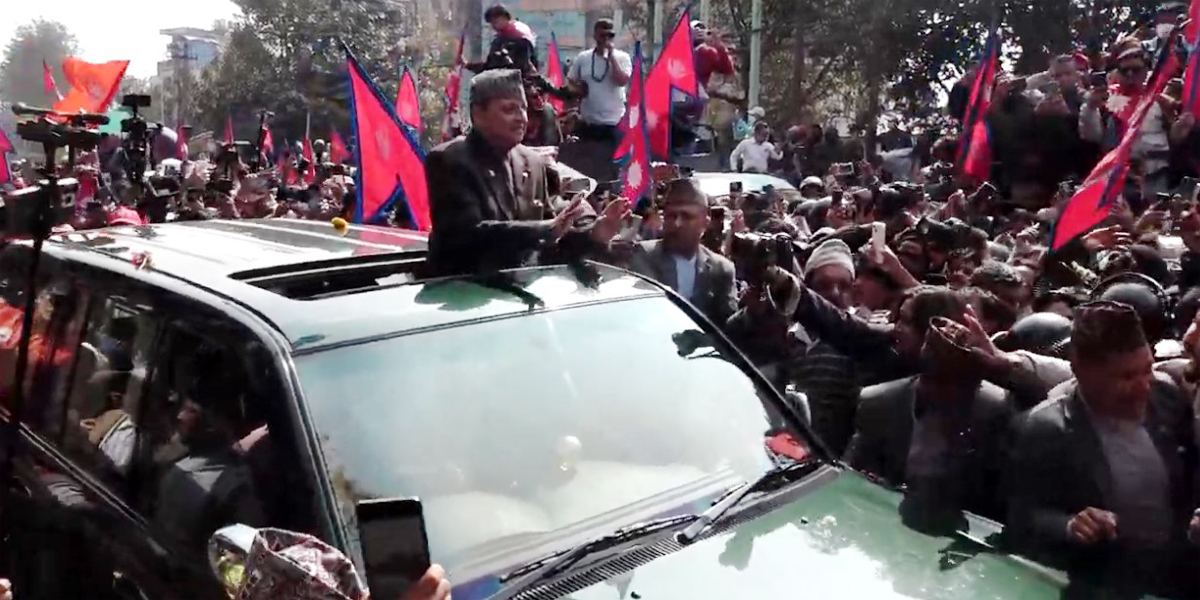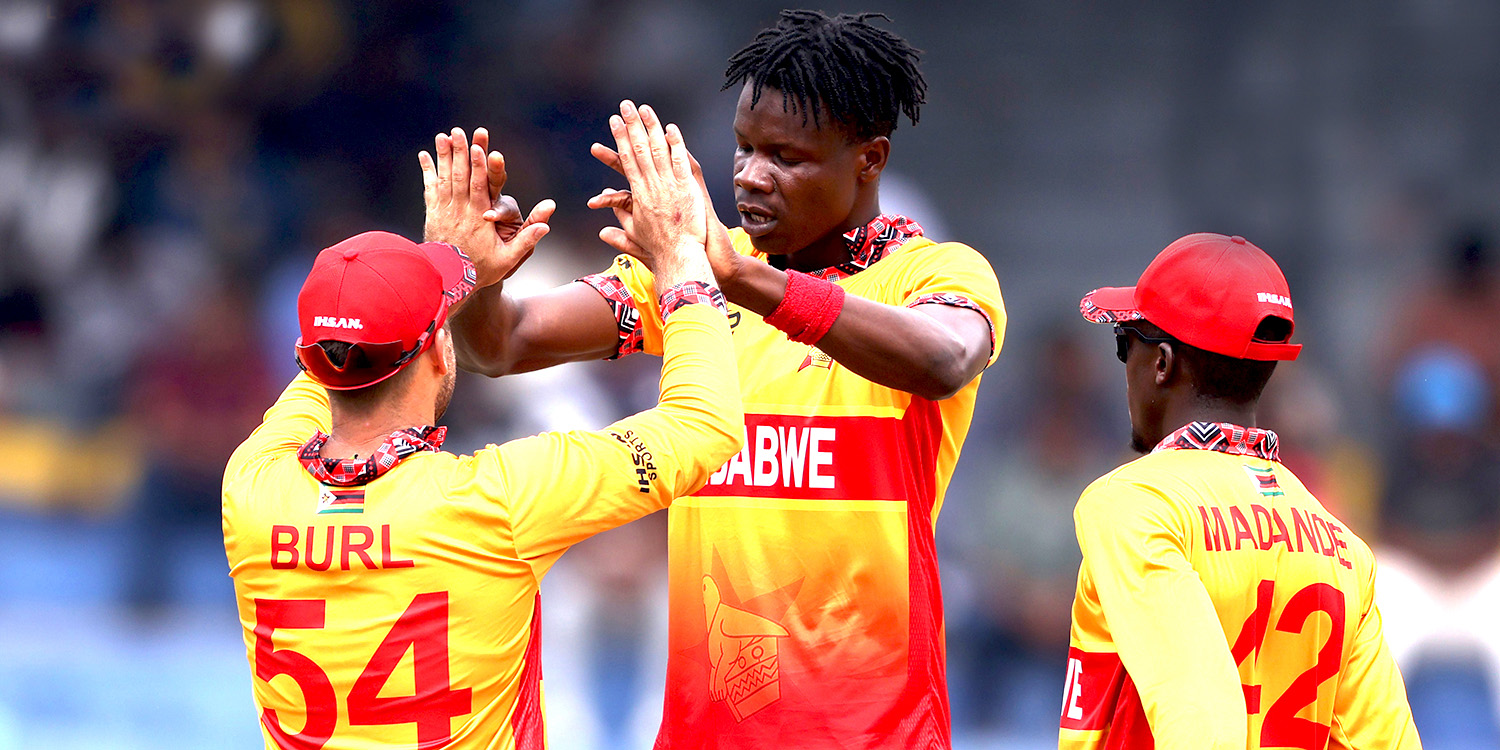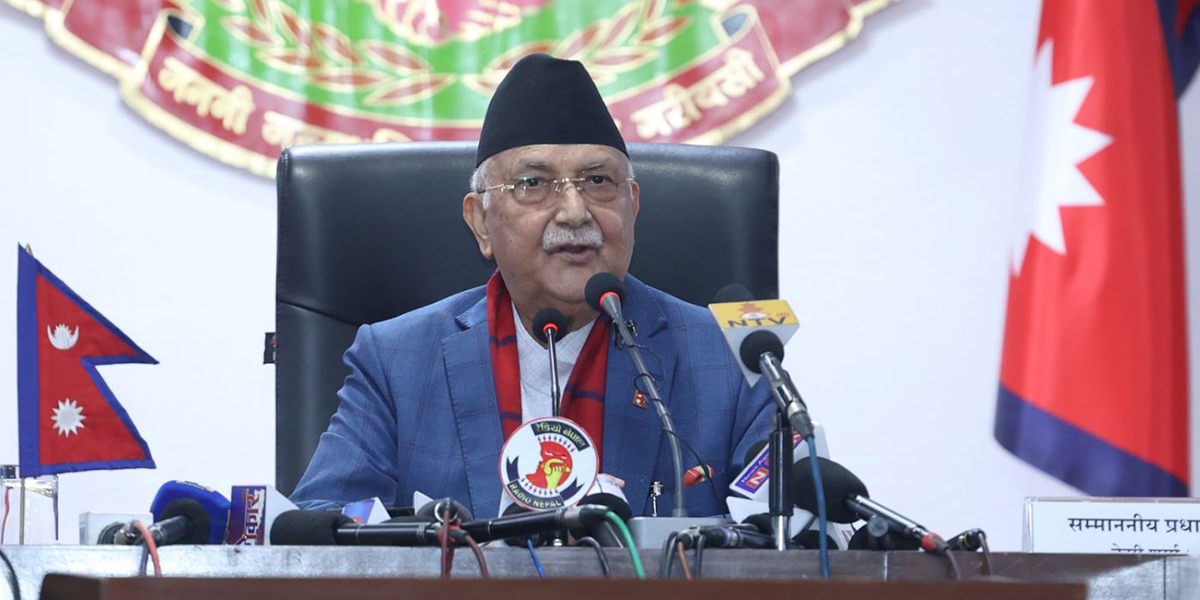
KATHMANDU: Prime Minister KP Sharma Oli’s four-month tenure has been mired in criticism. He has failed to fulfill key promises and discontent is simmering across multiple sectors.
Since the power-sharing agreement between CPN-UML and the Nepali Congress has not been implemented as planned, there are indications that Oli’s term might end up being just empty talk. As a result, many have started to view Oli’s administration as ineffective and overly reliant on rhetoric.
None of the teachers, civil servants, security forces, industrialists, private sector and diplomatic community appear satisfied with the Oli government. Public dissatisfaction has grown as inflation has skyrocketed. Even the achievements of the government presented upon completion of his 100 days in office have been criticized as merely ceremonial.
Prime Minister Oli’s chief advisor Bishnu Rimal admits that the government hasn’t been able to work as expected. “We need to analyze the circumstances under which this government was formed,” said Rimal. He, however, failed to name any specific achievements that won public approval.
The path for the UML Chairperson Oli to become Prime Minister for a fourth time opened up after the Nepali Congress (NC) and CPN-UML forged an understanding to cooperate on constitutional amendments in the first week of July. After signing a seven-point agreement with the NC, Oli became Prime Minister on July 14. Since taking office, there have been no notable improvements in public life. Instead, Oli has been embroiled in various controversies, which, experts say, have weakened his position.
Here we list five activities of the Oli government that have disappointed the general public:
Dragging Feet on Constitutional Amendment
Nepal Congress (NC) and UML leaders had strongly advocated for constitutional amendments when Oli began his fourth term as Prime Minister. They argued that cooperation between the two largest parties in the House of Representatives would ensure political stability in the country.
However, nearly four months after the government’s formation, no progress has been made on constitutional amendments. Political parties have not even begun discussions about which provisions need changes. NC and UML leaders have now stopped mentioning constitutional amendments at public events.
The Deputy Speaker Controversy
Oli pushed aggressively to remove Deputy Speaker Indira Rana Magar of the Rastriya Swatantra Party (RSP). Within two months of forming the UML-led government, ruling parties initiated a signature campaign for her removal. Nepal Congress Whip Sushila Thing gathered signatures from lawmakers of her party, while UML Chief Whip Mahesh Bartaula collected signatures from UML lawmakers.
A UML lawmaker, who signed the petition, claimed at that time that the resolution to remove Rana Magar would be tabled within few days.
Political analysts say Oli tried to remove Rana as he was lacking a majority in the Constitutional Council. The Council, chaired by the Prime Minister, includes the Chief Justice, Speaker, National Assembly Chairperson, main opposition leader and Deputy Speaker as members. Currently, three members – the main opposition leader, National Assembly chairperson, and Deputy Speaker – represent the opposition.
However, the removal plan faltered due to dissent within the ruling coalition. Oli eventually abandoned the effort when it became clear he wouldn’t secure the two-thirds parliamentary majority required for the Deputy Speaker’s removal.
Outstanding Electricity Tariff Dispute
A week before beginning his fourth term at Singha Durbar, Oli publicly backed large industrialists whose power had been cut due to unpaid bills for consuming power supplied by dedicated feeders and trunk lines. The Nepal Electricity Authority (NEA) had disconnected power to several major industries, including Arghakhachi Cement owned by Pashupati Murarka, Reliance Spinning Mill owned by Pawan Golyan and Ghorahi Cement Industry owned by the Shanghai Group.
Despite Oli’s pressure on NEA to restore power, NEA Managing Director Kul Man Ghising stood firm, demanding written government directives and board decisions for resuming power supply. This standoff not only made Oli appear ineffective to the industrialists but also highlighted his reluctance to take action against NEA Managing Director Kulman Ghising for defying his orders.
Rivalry with Balen
After taking office, Oli became embroiled in a social media feud with Kathmandu Metropolitan City Mayor Balen Shah. The conflict ignited when Shah publicly thanked the legal advisor of the metropolis, Senior Advocate Om Prakash Aryal, following a Supreme Court ruling on the Giribandhu Tea Estate land case.
On Facebook, Shah posted Aryal’s picture with a pointed message: “The Supreme Court has ruled that the decision of the then Oli-led government to allow the exchange of nearly 344 bighas of Giribandhu land in Jhapa was ‘completely inappropriate and immature’. The court also stated that if the purpose of land given under ceiling exemption ends, the government should reclaim it.”
The relationship further deteriorated following an incident involving UML provincial assembly member Rekha Sharma’s alleged labor exploitation of a young girl.
According to the mayor’s secretariat, UML leaders and workers began pressuring the office after Shah’s post about the Giribandhu case victory, leading to an escalating series of social media confrontations between Shah and Oli.
Accepting Land Donation
Oli has drawn criticism for accepting an 11-ropani land donation from controversial businessman Min Bahadur Gurung, owner of Bhat-Bhateni Supermarket, for the construction of CPN-UML’s party office. About a month ago, Oli and Gurung jointly laid the foundation stone for the building.
Despite widespread criticism over accepting land from a controversial businessman, the UML Chairperson has defended his decision, claiming that all political parties build their offices using donations from various sources.
Oli has also faced public backlash on other fronts, particularly for his delayed response to natural disasters and his attempt to introduce an ordinance that would facilitate the splitting of certain political parties.

